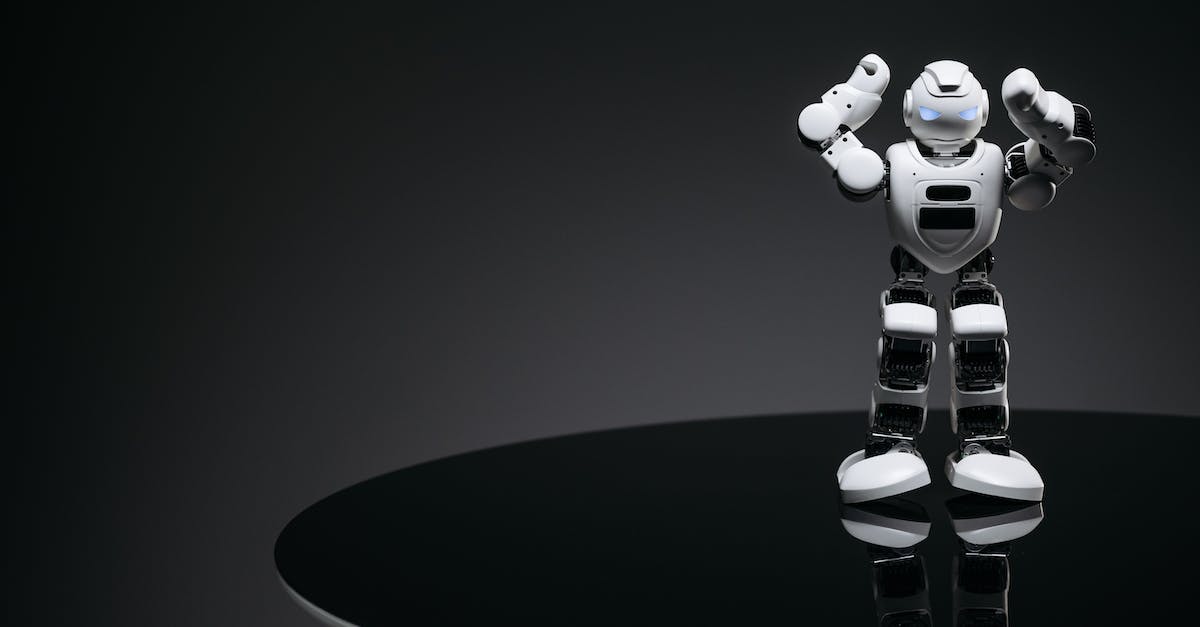Artificial Intelligence (AI) has been a buzzword in recent times. The impact of AI on everyday life is undeniable, and it has shown a remarkable rise in the field of technological advancements. AI has evolved over the years, and its integration into daily life has become inevitable. From home appliances to medical applications, AI has proved to be an excellent assistant to humans. The rise of artificial intelligence in everyday life has been astounding, and it’s a testament to the possibilities that technology has to offer.
The integration of AI into everyday life has helped many industries to operate efficiently, minimizing human errors, and improving productivity. One area that has experienced a significant rise in AI usage is home appliances. Smart home appliances like Amazon’s Alexa, Google Home, and Apple’s HomePod Assistants have gained popularity among households worldwide. These devices use AI to learn user preferences and anticipate their needs, which saves time and provides convenience that has resulted in an improved quality of life for many.
AI has also been integrated into the healthcare industry, helping doctors, and surgeons to perform their tasks more accurately. AI can detect patterns, learn and identify diseases that may be difficult for a medical practitioner to identify. It has proven to be an essential tool in the detection and diagnosis of illnesses like cancer, heart disease, and even infectious diseases. With AI’s help, medical practitioners can speed up the diagnosis of diseases, thus improving the chances of a patient’s recovery.
Apart from medical applications, AI has also played a significant role in the transportation industry. It has facilitated the development of autonomous vehicles—cars that drive themselves, which could significantly reduce the risk of road accidents and fatalities. Automakers such as Tesla, General Motors, and BMW have invested significantly in the development of autonomous vehicles using AI-powered technologies.
The rise of AI in everyday life has also impacted the business world. Companies are using it to provide better customer service, streamline their operations by automating repetitive tasks, and data analysis. AI can analyze large amounts of data in real-time, which enables businesses to make faster, more informed decisions.
Security has also seen the rise of AI integration. AI can detect intruders in surveillance cameras, alert the appropriate personnel in case of an emergency, and automatically lock doors. Smart homes equipped with AI are gaining popularity, with new security systems being developed by companies such as Nest, SimpliSafe, and Ring.
Lastly, the education sector has also gained by using AI in the creation of personalized learning experiences for students. AI has


